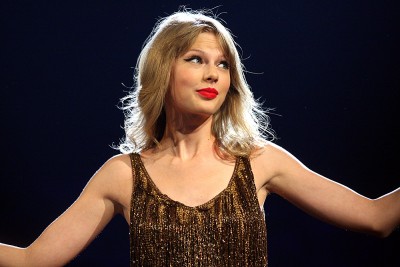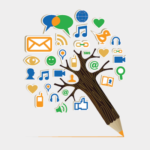It’s Not 1989 Anymore
Taylor Swift has had a busy fall. In October she released her latest album, 1989, which sold a staggering 1.287 million copies in its first seven days, making Swift the only woman to have three albums sell over a million copies in a single week. Then this past November, she single-handedly challenged the commercial structure of the music industry. On November 3rd, Swift’s music was unceremoniously pulled from Spotify, one of the largest music streaming platforms, in a grand gesture denouncing making music freely available.
Cue the shockwaves.
Debate erupted over the move, with people either lauding Taylor as a champion of artist rights or condemning what seemed a transparent bid for more money.
Whether fueled by artistic integrity or opportunism, the move shows a fundamental misunderstanding of where the market is headed – or, conversely, a blatant disregard.
Swift’s major miscalculation here is that streaming services are bringing about the decline of the music industry. The truth is that pirating already accomplished that years ago. Streaming was introduced as a legal countermeasure to the rampant theft of digital products. For a generation already accustomed to instant and affordable gratification, meeting them in the middle was the only viable solution.
Realistically, selling albums will no longer be the primary revenue stream for either musicians or the music industry as a whole – and that’s the result of digital culture, not Spotify opportunism. Touring, merchandise, and endorsements have all stepped up over the past decade to fill the gaping void left by free falling album numbers.
Most significantly, Swift has misunderstood the true benefit of streaming services (hint: it’s not income). For those artists who aren’t already world-famous, Spotify’s value lies in its potential to raise awareness. With its curated playlists, Pandora-esque radio function, and bottomless library of music that subscribers can instantly access without forking over $20, Spotify has opened the door for smaller, indie acts to compete with the megastars. Streaming has leveled the playing field.
At the end of the day, this stunt only worked for Taylor because she’s, well, Taylor Swift. While Spotify users will now have to look elsewhere for their emotional, empathetic break-up anthems, Swift’s grand gesture won’t bring about the end of streaming culture. It’s a digital world and we’re a digital culture. Welcome to 2014, Taylor.




Leave a comment:
You must be logged in to post a comment.